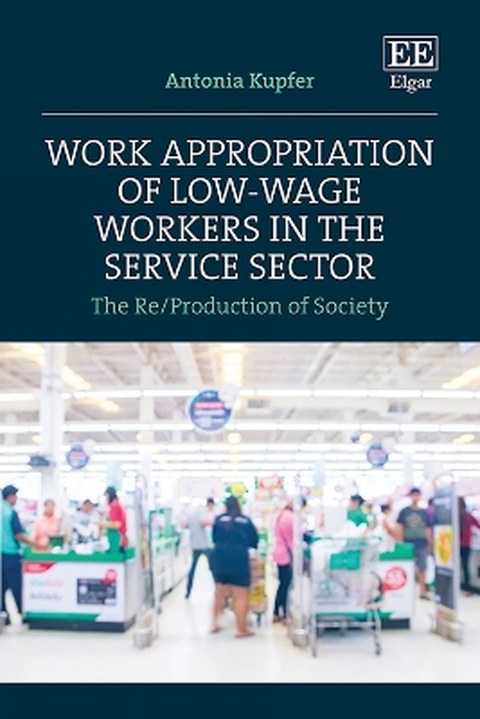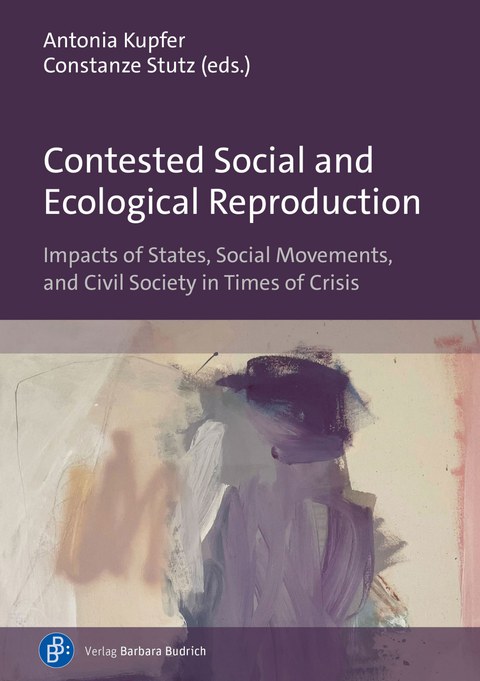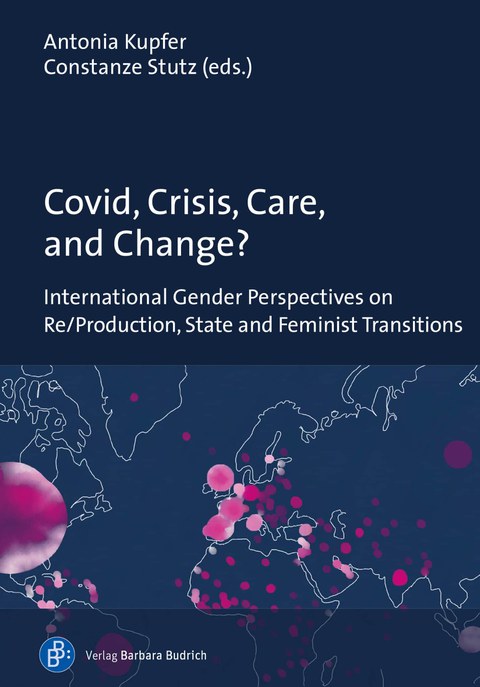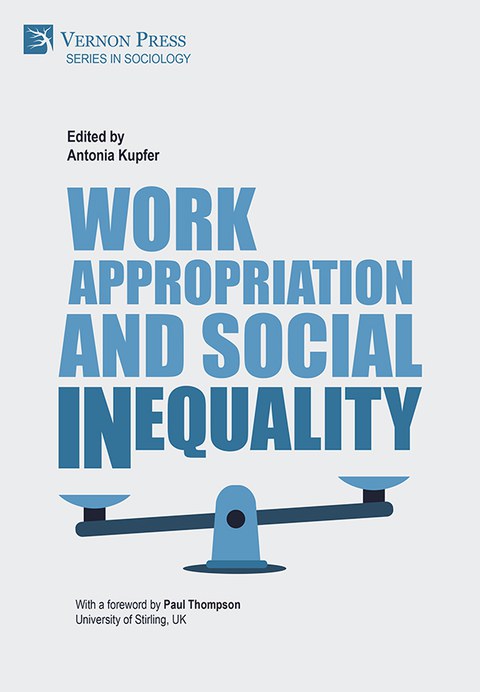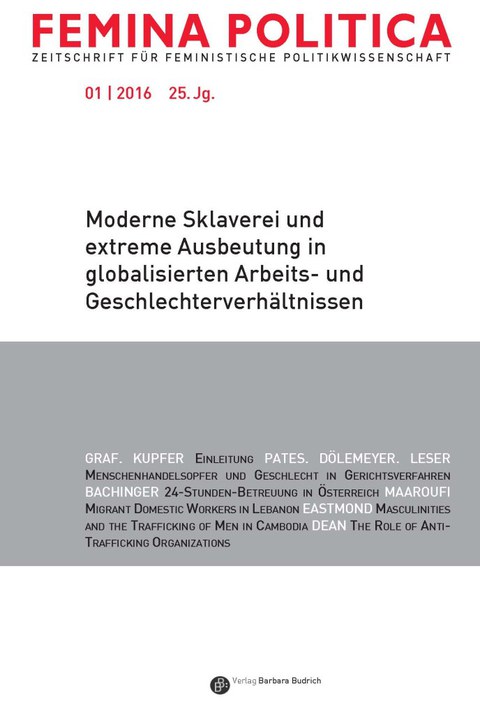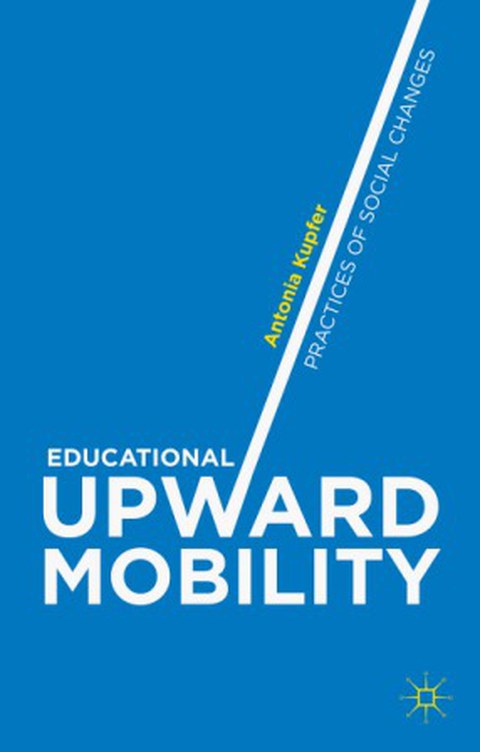Research
Our current research projects
-
"Work in Transition – Transition in Work: Dynamics of Small and Medium Enterprises (SMEs) in Cuba in a Comparative Perspective."
We have a research focus in Cuba as a laboratory of social change and the social, cultural and gender-specific processes associated with the current crisis. Our primary interest is in the small and medium enterprises (micro y pequeñas y medianas empresas) that have emerged from the state reforms and are playing a crucial role in Cuba's social and economic transformation. They touch on essential aspects of the way of life, the relationship with the Cuban state and the revolution, and also on fundamental questions of alternative social concepts, including climate change, combating hunger, access to education and health systems and gender equality. From a comparative perspective, the sociality of the labour process and the experience of work, including forms of ownership, are of particular importance.
- Beruf(en) im Verkauf (BiV)
- New publication on the project: Kupfer, A.: Work Appropriation of Low-Wage Workers in the Service Sector. The Re/Production of Society, Cheltenham, Edward Elgar Publishing, 2024.
-
Kupfer, A./Eckert, F./Krause, I.: Beruf(en) im Verkauf – Soziale Positionierung und subjektive Bedeutung von Arbeit. Österreichische Zeitschrift für Soziologie, 2019, Volume 44, Issue 1, 43–63.
-
Kupfer, A/ Eckert, F./ Krause, I.: Beruf(en) im Verkauf. Analyse subjektiver Bedeutungen von Arbeit als Beitrag zursozialen Ungleichheitsforschung. In: Nicole Burzan (Hg.) 2019: Komplexe Dynamiken globaler und lokaler Entwicklungen. Verhandlungen des 39. Kongresses der Deutschen Gesellschaft für Soziologie in Göttingen 2018.
-
Globalisation and the changing relationship between work, education and training
Completed projects with publications
- International Conference & edited volume: Contested Social and Ecological Reproduction. Impacts of States, Social Movements, and Civil Society in Times of Crisis (Budrich, 2024)
- International Conference & edited volume: Covid, Crisis, Care and Change? International Gender Perspectives on Re/Production, State and Feminist Transitions (Budrich, 2022)
- Workshop & edited volume: Work Appropriation and Social Inequality (Vernon Press, 2021)
Available at 24% discount (using code CFC68218F6B8 on checkout): https://vernonpress.com/book/1105
- Modern slavery and extreme exploitation in globalised work and gender relationships, in conjunction with Dr. Patricia Graf
Enslavement remains a highly contemporary phenomenon, and is far from a thing of the past. In (post-)modern times the driving force for slavery is the enormous profit it generates. Both women and men enslave men and women, but an analysis of gender relationships shows that a higher proportion of men are the perpetrators of exploitation, and that most victims of slavery are women. The connection between patriarchy, sexism and capitalism is well documented: relationships of dominance and submission are closely related and firmly intertwined. Submissive relationships are multidimensional in themselves and often merge aspects of several different gender hierarchies. In many cases, extreme labour exploitation and slavery are facilitated by a strong network of actors, and victims of exploitation stand at the end of a long chain of transnational trading links.
Link to Femina Politica (German journal)
- Modern Slavery (APuZ – German Federal Agency for Civic Education): The Impact of Gender in Exploitative Labour Relationships, in collaboration with Dr. Patricia Graf
Both men and women are victims of modern slavery and extreme labor exploitation. The perpetrators are also both men and women. Victims and perpetrators, however, are not spread evenly across both genders. Why is it that women are exploited and enslaved more than men?
Our approach to the issue of extreme modern day labor exploitation and slavery recognizes the complexity of the gender relationships beyond simple victim-perpetrator models. Modern slavery is used as an umbrella term for forced labor, forced sexual exploitation and some forms of child labor. Human trafficking, too, which aims at sexual exploitation or forced labor, falls under this category. The International Labor Organization (ILO), a United Nations special agency, defines forced labor as “all work or service which is exacted from any person under the menace of any penalty and for which the said person has not offered him voluntarily”. The United Nations also includes the trade of organs under this category.
At 55 per cent, the ILO figures for women and girls in forced labor is only slightly higher than men and boys. However, that which at first glance seems to be an almost equal relationship requires closer investigation. Forced marriages, a form of slavery that almost exclusively affects women and girls, are excluded from the figures. Further to that, women are not only victims of extreme exploitation and slavery, but are also trapped as perpetrators in networks of human trafficking and exploitation. Last but not least, women function as actors in non-governmental organizations and social movements, and are therefore also important agents in the fight against exploitative work relationships and modern slavery.
Our investigation begins with an attempt to understand why women are more likely than men to succumb to extreme labor exploitation and slavery. We will then look more closely at sexual exploitation, household and care, and special economic zones, as well as non-traditional areas of work in which women are particularly affected. By way of contrast, our third section puts the spotlight on women as perpetrators, particularly as human traffickers. Finally, our investigation closes with consideration of the question of what action can be taken against modern slavery.
Link to article (in German)
- Power & Education
Education is a crucial influence early in life and is therefore inextricably linked with power. This book examines how education can limit opportunities and create social inequality as well as being an empowering force for good. Theoretical approaches on the relationship of power and education are discussed as are questions on power and knowledge.
Link to book
- Educational Upward Mobility
What enables the few working-class people who enter higher education to achieve against the odds? This book offers answers by comparing social contexts, educational institutions and policies in Austria and England to demonstrate a surprising number of similarities behind those who succeed using Bourdieu's concept of habitus.”
Link to book
Link to review


